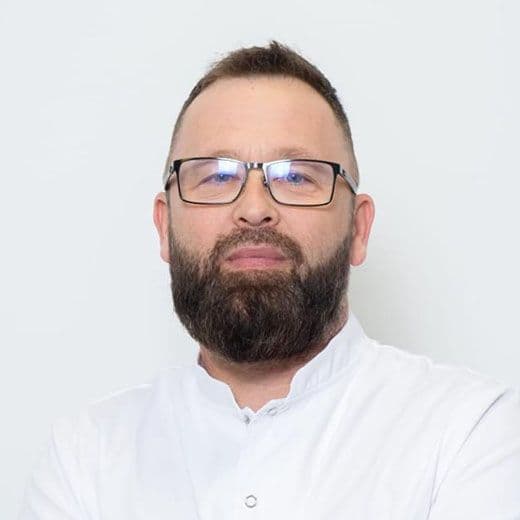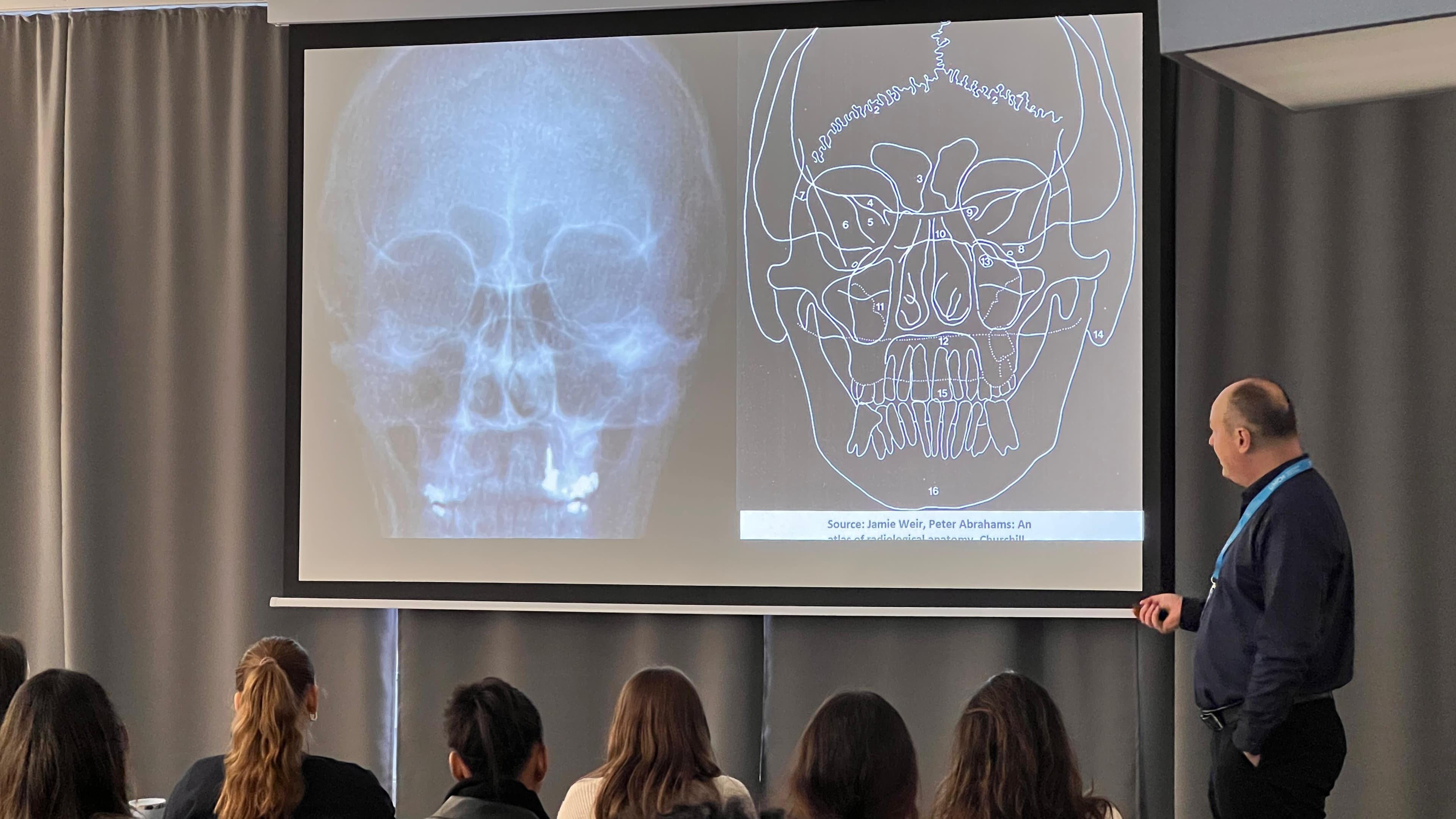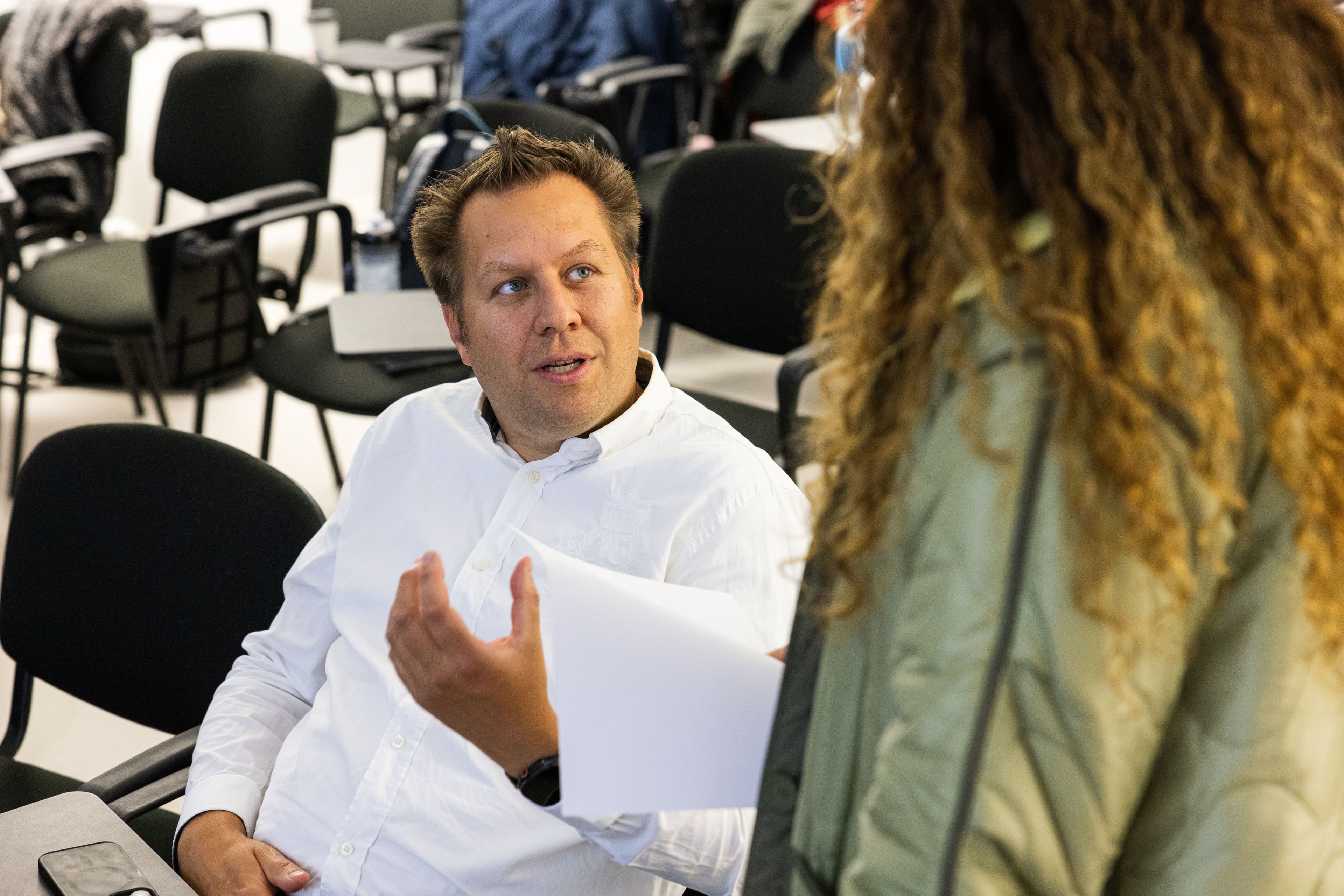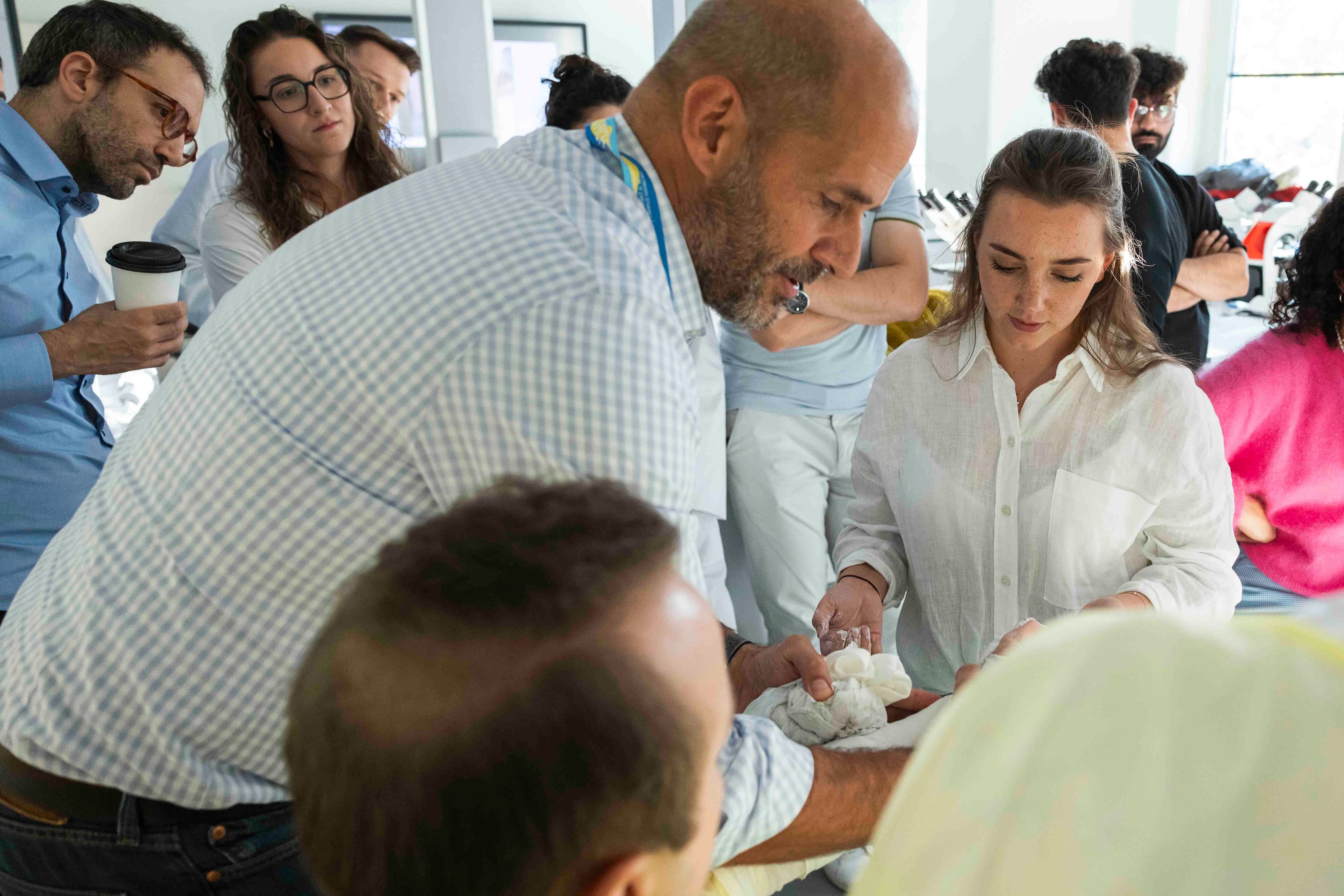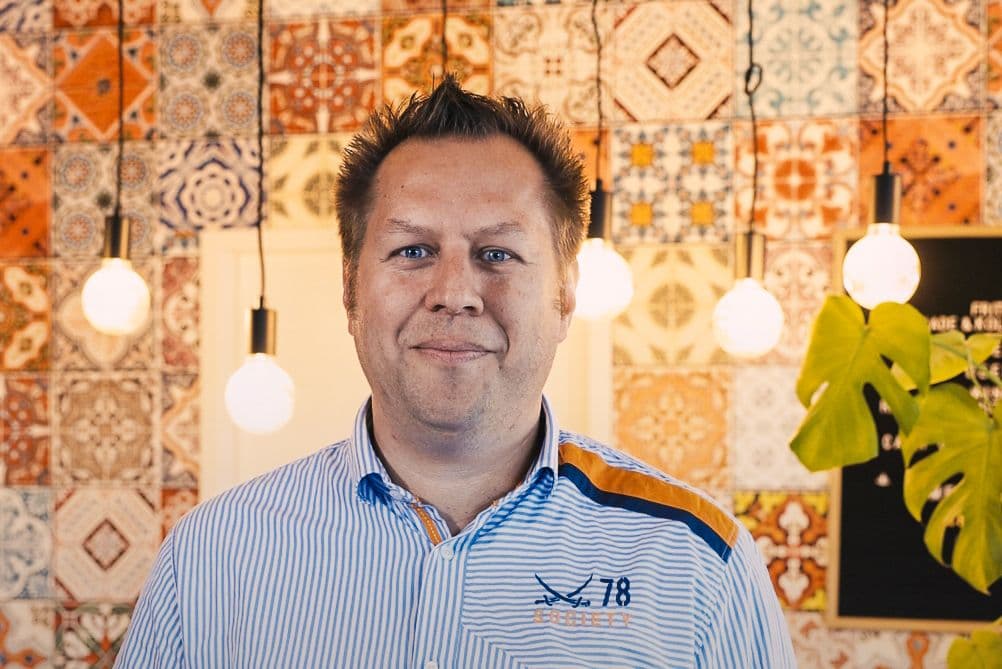

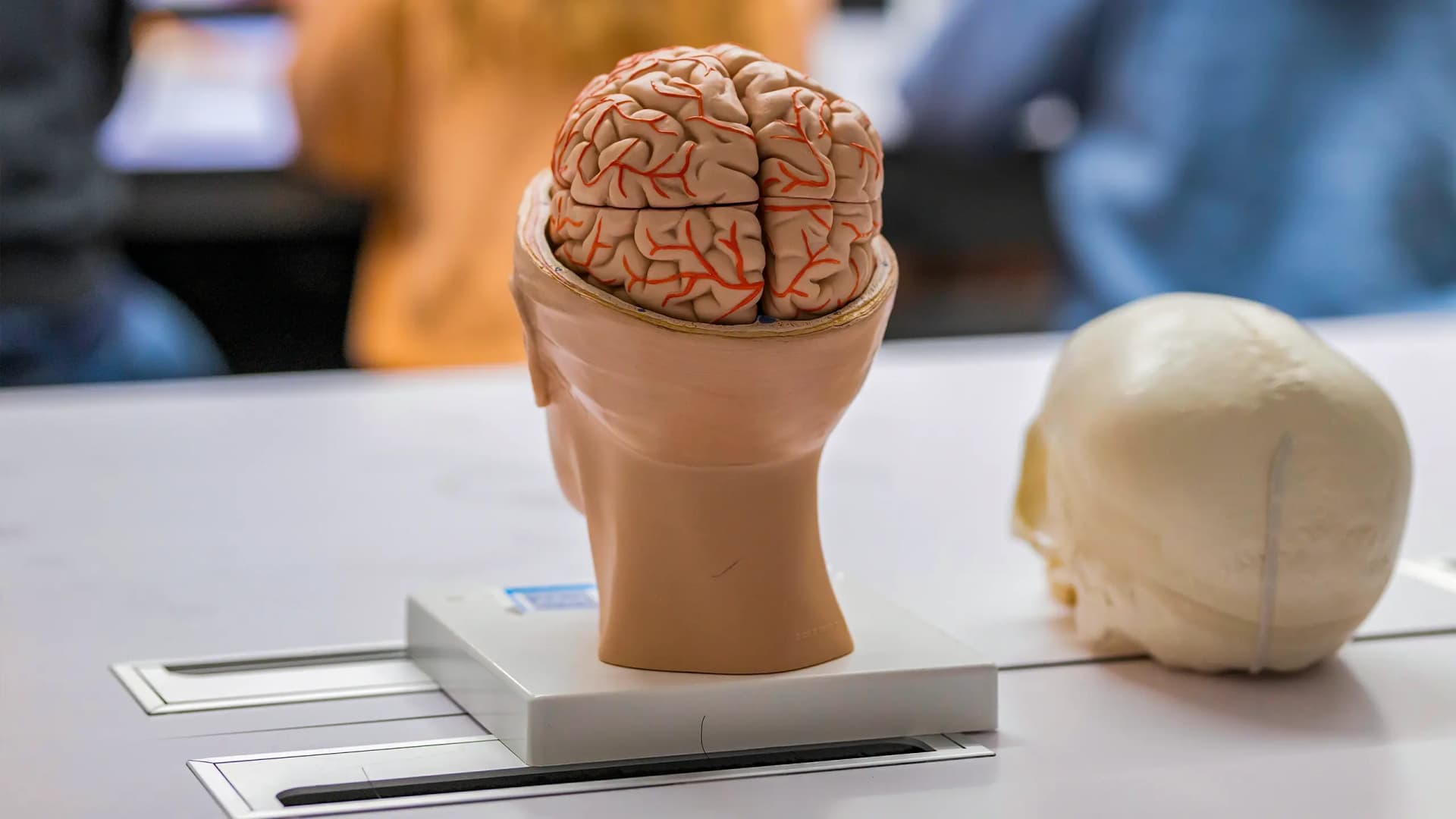
Overview of the Course Structure, Content, and Program Outline
Medicine Program

Structured Medical Degree Program
Your Study Roadmap
The UMFST-UMCH study program is divided into two phases: pre-clinical training in the first three years and clinical training in the last six semesters. In the pre-clinical phase, students acquire theoretical foundations in subjects such as anatomy, biochemistry, and physiology. From the fourth year onwards, the clinical phase begins, where practice-oriented teaching is provided through our extensive network of teaching institutions. This course structure combines theoretical and practical content to ensure a comprehensive medical education.
Quick Facts about Studying at UMFST-UMCH
Program Start
Annually at the end of September
Language of Instruction
English for classes
(German or Spanish in teaching hospitals)
Duration of Study
6 years (12 semesters)
ECTS Credits
360 ECTS credits
Admission Requirements
High School diploma
Admission Process
Online application, motivation-based interview & short evaluation in English
Overview of the Program Outline
Course Progression
Pre-Clinical Phase
Study Years 1 and 2
The pre-clinical phase, prepare students for the clinical part of medical studies. Instruction is primarily delivered through lectures, lab activities, and seminars, with an emphasis on foundational subjects that lay the scientific groundwork for the years ahead. Key topics include biochemistry, biophysics, cell biology, genetics, and histology. Additionally, students learn about the anatomical structures and physiological processes of the human body.
Other important topics in the pre-clinical phase include doctor-patient communication, medical deontology, ethics, academic integrity, and medical terminology. In this phase, students gain initial insights into the medical profession and acquire the necessary medical and scientific knowledge for the clinical part of the program. Unlike at German public universities, the pre-clinical phase at UMFST-UMCH does not end with a preliminary examination.
From the first year of study onward, students can choose from a variety of elective courses to deepen their knowledge in specific medical fields. A multi-week summer internship provides students with their first insights into hospital life and promotes patient contact. Modules are completed with multiple-choice tests and practical exams to evaluate the students' theoretical and practical knowledge. During summer, two-week modules, such as anatomy or pathology courses, offer more hands-on experience.
Clinical Phase
Study Years 3 to 6
The clinical phase at UMFST-UMCH spans the third to sixth years and focuses on the various diseases of the human body. During this phase, students first acquire theoretical knowledge of clinical medicine over six to ten-week periods. This knowledge is then deepened through hospital internships at UMFST-UMCH teaching hospitals, where students gain hands-on experience in small groups of up to ten. They learn direct patient care and get insights into different medical specialties.
Core subjects in this phase include cardiology, gastroenterology, general surgery, orthopedics, pediatrics, neurology, ophthalmology, ENT, gynecology, urology, oncology, and many more. Additionally, students cover interdisciplinary subjects such as emergency medicine and an introduction to imaging techniques like CT, ultrasound, and X-ray.
Additionally, students can select from a variety of elective courses during their studies to deepen their knowledge in specific areas and acquire practical skills. Each module is completed with multiple-choice tests and practical exams to evaluate theoretical and practical knowledge.
The medical studies conclude with a graduation exam, which consists of a written final examination and a research thesis
A Clear Structure for Your Success in Medical Studies
Program Structure

Overview of Program Content
Program Content
The UMFST-UMCH medical program spans six years, providing students with comprehensive training in topics ranging from medical fundamentals to specialized fields such as pharmacology and surgery, infectious diseases, and forensic medicine. The curriculum balances theoretical knowledge and practical application in a clinical context.
Holistic Medicine in Clinical and Pre-Clinical Areas
The UMFST-UMCH Curriculum
A Comprehensive Medical Program
The UMFST-UMCH medical curriculum offers a foundational education in all essential medical disciplines. Over 12 semesters, students are taught in both clinical and pre-clinical subjects, optimally combining theory and practice.
The downloadable document provides an overview of the program's organizational and content structure and lists the required and elective courses.

Customize Your Studies with a Variety of Elective Courses
Diverse Elective Courses
The Perfect Complement
In addition to the core subjects, the curriculum includes numerous elective courses that perfectly complement the program. This enables students to focus early on areas of interest and lay the groundwork for future specialization. Each year, at least one elective must be taken, though multiple courses are possible.
Your Path to a Successful Medical Education
Academic Year 2025/2026
The academic year at UMFST-UMCH consists of a combination of theoretical lectures and practical training phases, supplemented by exams and summer modules. Starting from the third year, theoretical instruction is regularly complemented by clinical internships in teaching hospitals.









